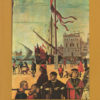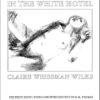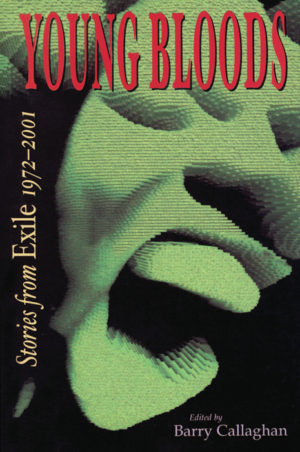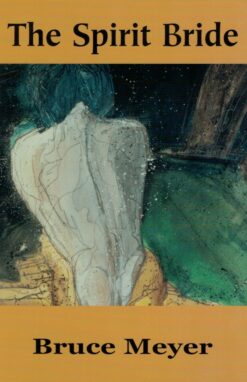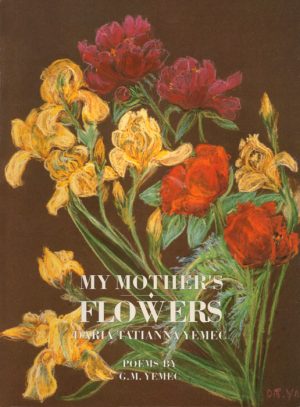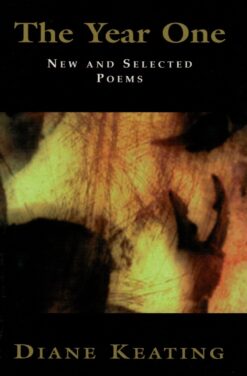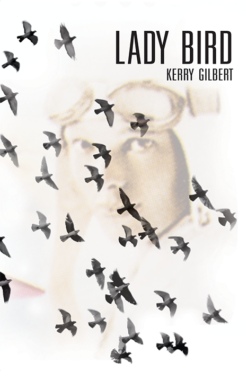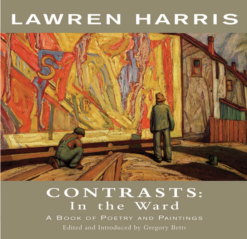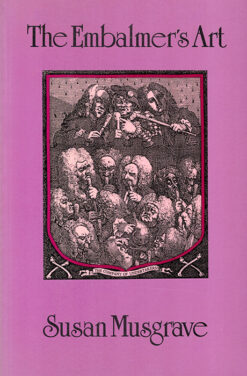Selected Verse Of Thomas D’arcy Mcgee (Picas Reprint Edition)
$15.95
The flamboyant Father of Confederation, best remembered today for his assassination in 1866, was as famous in his own time for his poetry as for his politics or journalism. Had he not died, he was to have been appointed Comptroller of Patents by the grateful Sir John A. Macdonald — a sinecure post, designed to give him the leisure to concentrate on his verse.
Selected and Introduced by Seán Virgo.
Poetry; reprint edition 2000 (original 1991) • 4.25 x 7 inches • PB 104 pages • 978-1-55096-5308



